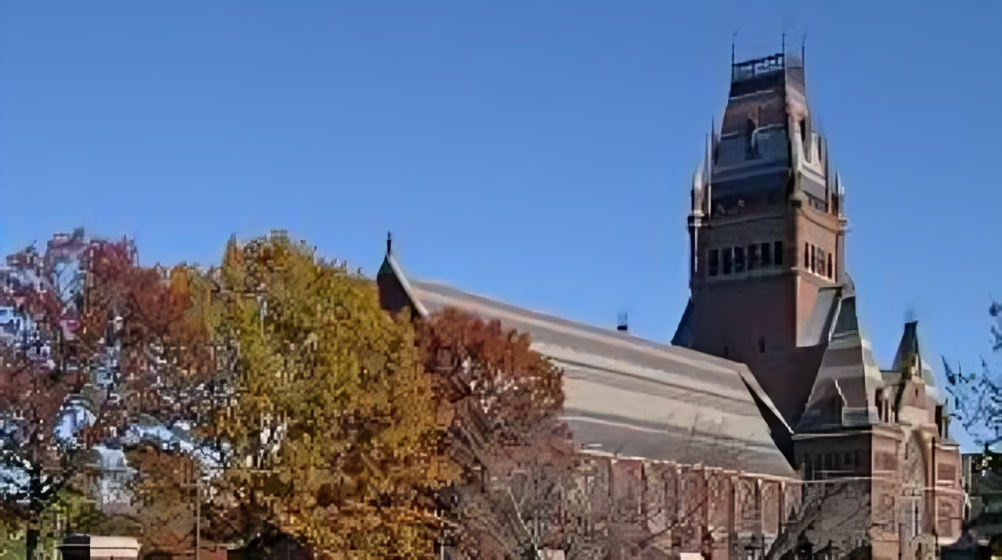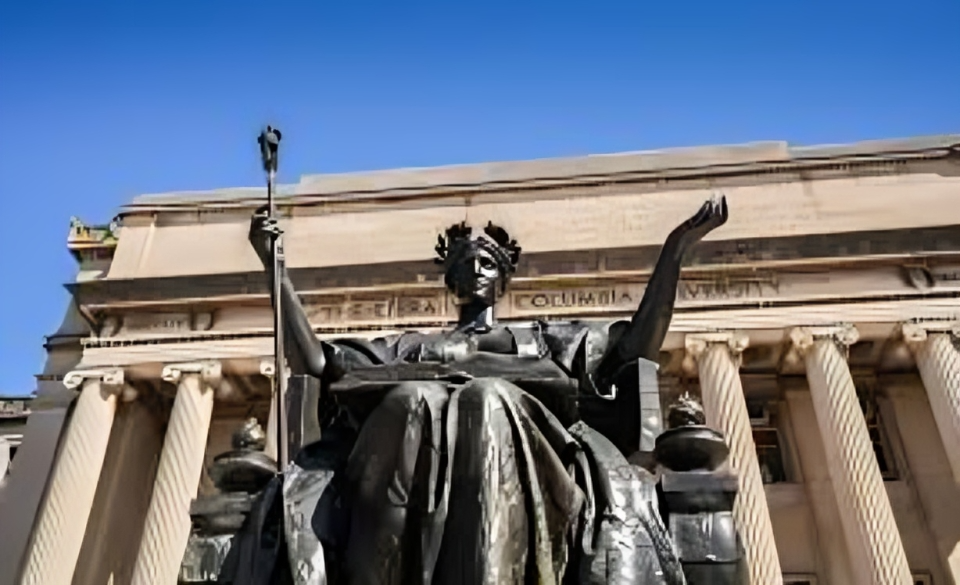Columbia University probes cyberattack following a large-scale system outage that brought down multiple IT services on its Upper West Side campus in New York City. The disruption, which occurred on Tuesday, severely imapacted academic platforms, administrative systems, and communication tools used by faculty, staff, and students.
The university, in its official statement, confirmed that it is working with law enforcement agencies to investigate the matter and restore services “as quickly as possible.” Early reports suggest the incident may be linked to an access control attack, although no evidence of ransomware or data breach has been confirmed yet.
Columbia University Probes Cyberattack Linked to System Disruption
The fact that Columbia University probes cyberattack points to increasing vulnerability in higher education institutions. The main Columbia University website displayed an unknown error message for several hours during the incident. Access to essential university portals that require login authentication was intermittent at best.
A law enforcement source informed Bloomberg that the nature of the disruption appears to be an access control attack. This type of cyber event is usually designed to block or manipulate the systems responsible for granting access to internal users, thus affecting login and credential verification across platforms.
Importantly, the source also mentioned that there are currently no signs indicating the use of ransomware or the theft of sensitive data.
Historical Context: Higher Education and Cyber Threats
That Columbia University probes cyberattack is not surprising in the broader context of escalating digital threats in the education sector. In 2023 alone, at least 30 U.S. colleges and universities were informed of cyberattacks that exploited file transfer software vulnerabilities. These incidents exposed personal data of students and staff and led to temporary or even permanent shutdowns of educational institutions.
In some high-profile cases, schools were forced to pay ransoms or faced lawsuits from students and employees due to compromised private data. The situation at Columbia could have been worse, but the current lack of evidence for a ransomware attack or breached data offers a sliver of relief—for now.
Impact of the Outage on Columbia’s Operations
The fact that Columbia University probes cyberattack also highlights how deeply integrated digital systems are in campus life. Affected systems include:
- Academic course management platforms
- Administrative services such as admissions and financial aid
- Internal communication systems
- Authentication platforms for Columbia University IDs
A campus-wide email from Columbia University Information Technology warned all affiliates to expect delays and interrupted access to services. The outage caused missed deadlines, disrupted lectures, and general confusion among both students and faculty.

The university has not given a timeline for complete restoration but said teams are working round the clock to bring operations back to normal.
Federal Funding and Leadership Challenges Add Pressure
While Columbia University probes cyberattack, the institution is already grappling with significant political and financial challenges. Recently, the U.S. federal government withdrew $400 million in funding from the university, citing its alleged failure to address antisemitism during student protests on campus. This decision followed months of turmoil, during which two presidents of Columbia resigned in less than a year.
The investigation into the cyberattack comes at a time when Columbia is in sensitive negotiations with the federal government to restore the withdrawn funding. Critics argue that the current IT vulnerabilities only compound Columbia’s perception as an institution in crisis.
Cybersecurity: A Growing Priority for Universities
That Columbia University probes cyberattack is a wake-up call for higher education institutions across the globe. Universities have become prime targets due to their massive databases of student, faculty, and donor information. Moreover, many institutions still operate on outdated or underfunded cybersecurity infrastructure.
Cybersecurity experts believe that incidents like this should compel universities to:
- Invest in real-time threat detection systems
- Perform regular third-party security audits
- Implement multi-factor authentication across platforms
- Train faculty and staff on basic cyber hygiene practices
Columbia’s incident could serve as a case study in what institutions must do to secure digital assets, especially at a time when online learning and cloud-based tools are central to education.
What’s Next for Columbia?
As Columbia University probes cyberattack, all attention now turns to how swiftly and transparently the university handles the crisis. If no personal data was compromised, the damage may be limited to reputational loss and temporary service interruptions. But if future investigations reveal that data was indeed accessed or stolen, Columbia could face legal, academic, and administrative consequences.
For now, law enforcement agencies, IT teams, and university officials remain tight-lipped about the investigation’s next steps. Meanwhile, Columbia students and staff continue to face disruptions, relying on sporadic system access and updates.
Mika Singh Slams Diljit Dosanjh Over Pakistani Actor


